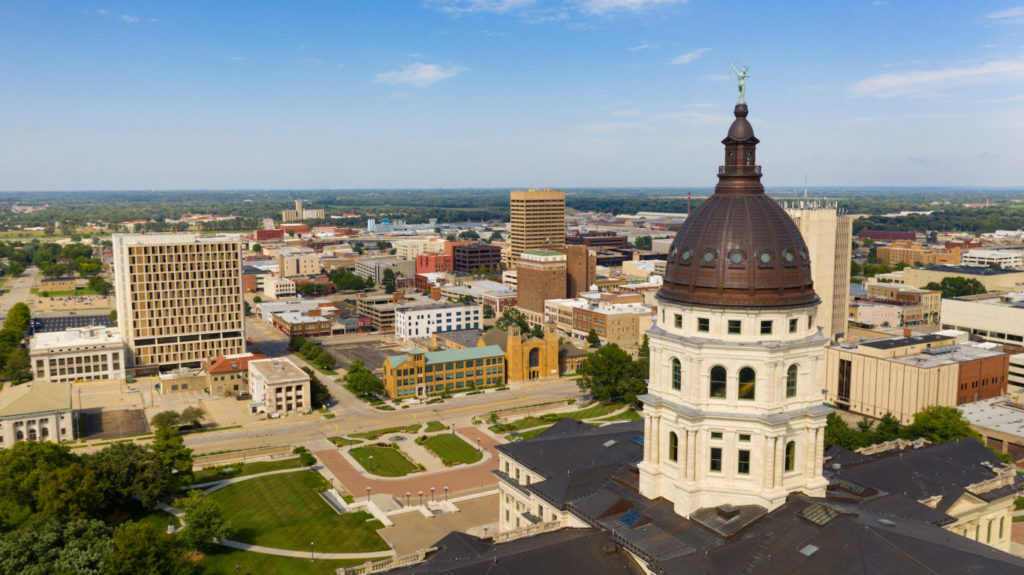Kansas House sends school choice reform bill to governor’s desk
The Kansas House narrowly approved a bill to create scholarship accounts for students who want to find alternatives to the failing public education system.
“The fact that kids have an opportunity to…

The Kansas House narrowly approved a bill to create scholarship accounts for students who want to find alternatives to the failing public education system.
“The fact that kids have an opportunity to go somewhere else breaks the effective monopoly of the public school system,” said Dave Trabert, CEO of the Kansas Policy Institute. “And that makes them think, ‘How can we do a better job of allocating resources to demonstrate that we can provide at least as good a product as the private school down the street?'”
Test scores for Kansas public school students plunged during the pandemic, yet their decline was part of a longer-term pattern of failure.
“Kansas tests scores have been declining for almost a decade, after rising for most of the previous ten years,” the Kansas Association of School Boards admitted when new test results were released last year.
The school choice reform bill, called the Sunflower Education Equity Act, will slow roll the education scholarship accounts, making them available to all public school students testing at the lowest grade level or receiving free and reduced-price lunch, the Kansas City Star reported.
Up to 2,000 low-income families will initially be eligible.
The final vote was 64-61, according to the official tally on the state legislative website. Rep. Marvin Robinson was the one Democrat to vote in favor. The lawmaker represents urban Kansas City, Kansas, where USD 500 test scores show most students are below grade level in math and reading.
Conservatives have argued that competition is the best reform for the education system.
“You can choose where you get your haircut, or you can choose to go to higher education anywhere, but the K-12 you don’t,” said Rep. Kristey Williams, a Republican who carried the bill. “And, when there is a monopoly of money, there is required accountability,”
But the public education establishment, led by teachers’ unions and massive school district bureaucracies, put up a spirited fight against the reforms.
“The school lobby has such a hold on people here in our state and people are afraid to step out and try something different,” Williams said about the close vote, according the Star. “I actually believe that this is best for kids and schools shouldn’t fear any type of competition.”
The Star estimates that the program, if fully implemented, will have a price tag of $152 million annually.
By comparison, Kansas lawmakers last year approved a $6.4 billion 2024 budget for public school education.
Revisions made to the newly passed bill also include additional funding for special education and for teachers.
Gov. Laura Kelly, a Democrat, is expected to veto the legislation. Republican super-majorities in both houses make an override possible but unlikely unless rural Republicans who did not support the bill join those who did.



